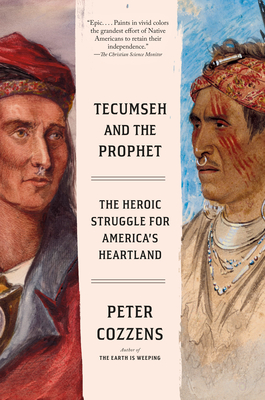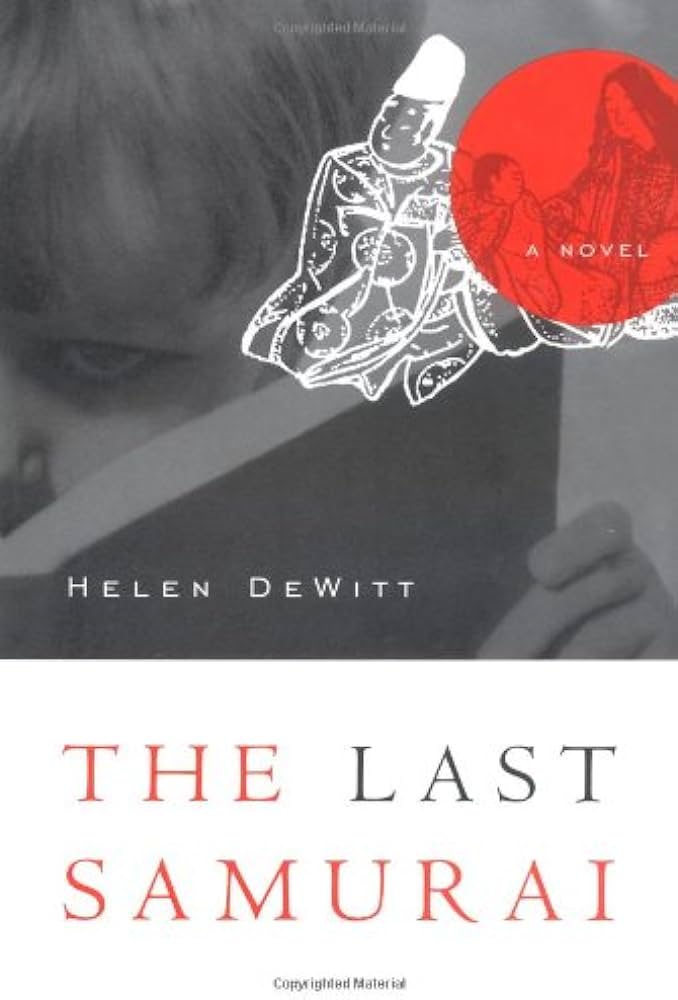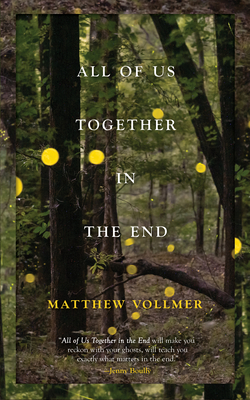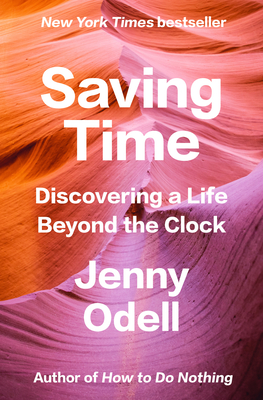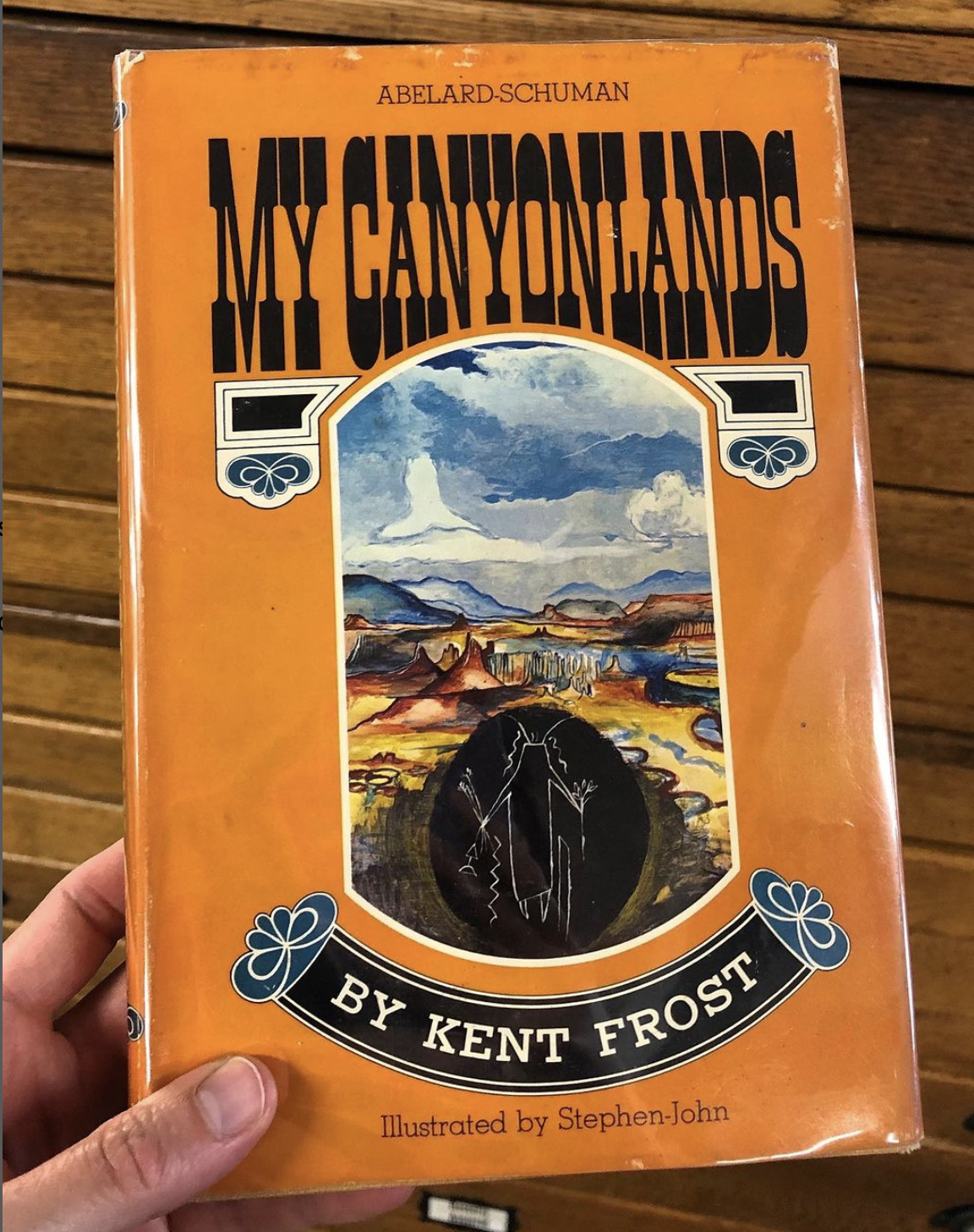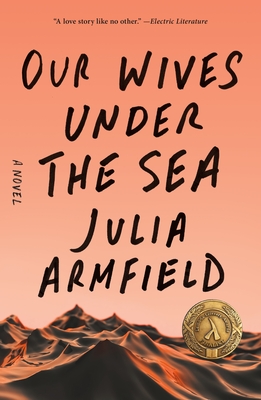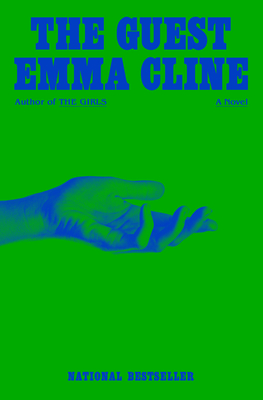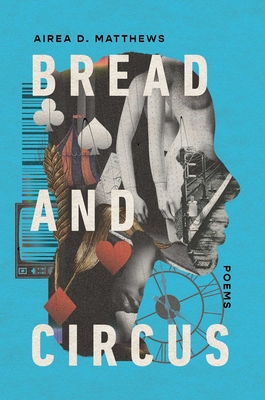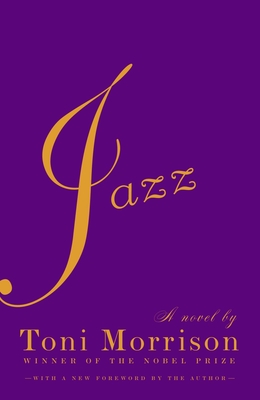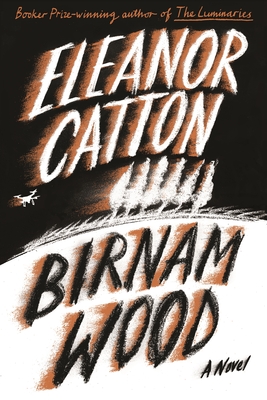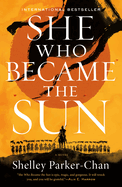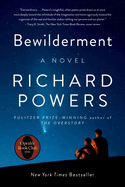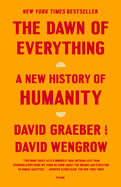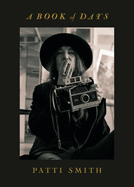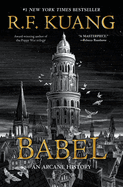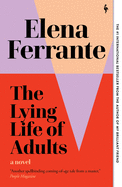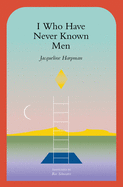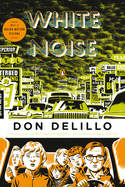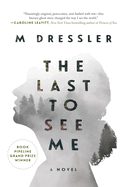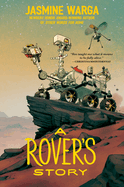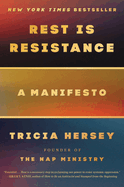The Last Samurai by Helen DeWitt
Reviewed by Matthew
Everyone I know should read this, but who will? In 1990s London, a poor American mother named Sibylla rides the Tube with her 2-year-old son Ludo. Ludo reads Homer in Greek. He’s also learning Arabic, then more languages, then wild foraging, Gaussian math, aerodynamics, and “Straight, No Chaser”…He’s a fatherless prodigy. For years, mother & son obsess over Akira Kurosawa’s 1954 film “Seven Samurai.” By his 12th birthday, the film has inspired Ludo to find & test a father worthy of him.
The thing about this novel is, someone picks it up expecting Tom Cruise, and instead it’s sometimes like an instruction manual for basic Japanese. But it’s not about the elitism of being smart. In fact, the experience of reading it feels pretty anti-elitist. This is a story about ambition. Its meaning, its limits. It doesn’t say, “Only an intellectual gets this.” It asks, “Well, why couldn’t you, yes, YOU, Reader, learn a little Japanese, like little Ludo?” Yes, it is sometimes a little like an instruction manual: one for cultivating ambition in a culture that’s comfortable with a low bar. It’s also a story about stories, and chance, truth, heroes, money, and death. And, it’s constantly funny. Okay, so it’s not my favorite novel. But it’s been a while since I felt this seen by a novel. “The Last Samurai” can see you, too. A good samurai will parry the blow.
All of us Together in the End by Matthew Vollmer
Reviewed by Megan
When I first picked this book up from the “Staff Picks” shelf of a Portland bookstore (you’ll never catch me turning down the opportunity to roam the shelves of an indie bookseller no matter how much time I spend in one on the clock) I wasn’t quite sure what genre to file it into in my brain. The synopsis starts with the death of the author’s mother, then the introduction of inexplicable flashing lights in the woods behind his grieving father’s home – suddenly I’m coercing mystery, religiosity, paranormalcy, even perhaps extraterrestrial contact into my expectations of what I might find in this book alongside grief, loss, and familial connection.
Entrancing from the start, Vollmer’s memoir brings all these ideas together in a compassionate exploration of things that we believe – or might believe, or stop believing – when faced with loss, tough questions, and unexplainable mysteries. The prose is lyrical yet unpretentious, allowing empathy and curiosity to guide father and son’s process of grieving, rebuilding, and truth finding.
“All of Us Together in the End” is a beautiful read and well-deserving of its spot on that Portland Staff Picks shelf, as well as, now, on my own here at Back of Beyond.
Saving Time: Discovering a Life Beyond the Clock by Jenny Odell
Reviewed by Heidi
Saving Time is an ambitious, wide-reaching book that explores the relationship between time, money, and power. Odell masterfully illustrates how the dominant view of time as linear and incremented is inextricable not only from capitalism but from a whole host of other systemic harms, including colonization, white supremacy, and climate change.
For instance, it can often feel like we are marching toward an inevitable and apocalyptic future, the dreaded outcome predetermined. Odell doesn’t shy away from her own experience of this feeling, but also pushes back against what she describes as “declinism,” a fatalistic and deterministic view of the future fueled by nostalgia for the past. She reminds the reader that the dominant narrative of climate change – and time itself – as a linear, set-in-stone progression of events is instead just one possibility among many.
This insightful, mind-bending book is woven together by a myriad of sources and topics that loop back on themselves in startling ways, defying my efforts to summarize the whole. The best way I can describe Saving Time is this: it is both a paradigm-shifting call to action and a healing balm in an age of climate unraveling and sociopolitical upheaval. It acknowledges the deep grief and exhaustion many of us feel, without wallowing in despair. Above all, it is a hope-filled dive into our experience of time, reminding us that the way things are is not the way they always were, nor what they always have to be.
My Canyonlands by Kent Frost
Reviewed by Sophie
Kent Frost’s classic is part folk history and part ode to wilderness. Frost writes about growing up in Bluff, Monticello and La Sal in the 1920 and 30s, his adventures in the La Sal Mountains, Grand Gulch, Montezuma Canyon, the Needles, Monument Valley, and on the San Juan and the Colorado Rivers. Frost is an excellent storyteller with salty humor and vivid descriptions of the canyonlands he loved so much. For those interested in local history, this book is a must.
Please note: this book is now out of print, but we have a copy or two in store – call 435-259-5154 or email us for more information.
Our Wives Under the Sea By Julia Armfield
Reviewed by Alyssa
I picked this up without knowing anything about the story, just that it was highly recommended by a friend. I dove in with that assurance alone, and I am so happy I had no idea what I was in for! It made the slow burn all the more creepy in this genre-bending pseudo-horror. Faint brushes with horror are normally as much as I can stand at a time so it was the perfect amount for me. I loved the idea of people living in their own oceans and no matter how well you know and love someone, you don’t and you can’t know them fully. There’s a whole ocean of a person in front of you and how could you possibly discover it all – some of it’s beautiful and a lot of it is hostile and dangerous and highly individual. Someone can invite you in but you and they are just as likely to drown or disappear down there as you are to splash around safely and collect seashells.
The Guest By Emma Cline
Reviewed by Collee
The Guest is propulsive in an almost feverish way. The protagonist, 22 year old Alex, grifts her way across an exclusive beach town in search of a new situation after the patronage from an older man abruptly ends. The book encapsulates one week in her world of angling, manipulation and self-delusion.
Alex is a bit of a phantom. The interest lies not in knowing her, but in what this constantly moving shark will do next. The Guest is rife with portent and taut with tension. A fascinating trainwreck to watch unfold. The best kind of icky.
Bread and Circus By Airea D. Matthews
Reviewed by Megan
In her poetry collection, Bread and Circus, Airea D. Matthews powerfully couples her background in economic study with intimate auto-biography to directly counter the theories put forth in classical economic and political thought. Pushing boundaries of poetic form, Matthews’ work poses a challenge to Adam Smith’s “invisible hand,” proposing the failure of self-interest in reaching an economically optimized society when that society’s people themselves are commodified. Deeply personal poems and prose are offered alongside redacted excerpts from both Smith and French Marxist Guy Debord, leaving the reader with both a greater wisdom of the truths of modern society and with a deep connection to the author’s own story. Bread and Circus is creative, moving, and massively relevant – highly recommend!
Jazz By Toni Morrison
Reviewed by Matthew
If the first page doesn’t seize you, there’s no better pitch for the novel. Like many great stories, you’re told everything at the start. Who, how, where, why, when, all on that first page. Then, the novel will spend the majority of its remaining pages casting a spell so enchanting that you forget the inevitable, forget you already know how this all ends. Great storytellers like Toni Morrison know plot can all be spoiled before the curtain even goes up, because the magic is in the telling. And, this is a telling with power to forever change the way you hear. Listen.
Birnam Wood By Eleanor Catton
This new eco-thriller from Eleanor Catton begins when a landslide blocks off a pass on New Zealand’s South Island, leaving a small town and a large farm mostly abandoned. The guerrilla gardening group known as Birnam Wood quickly seizes the opportunity for some semi-criminal crop planting. By the time the collective encounters an enigmatic American billionaire who claims to have purchased the farm to build his doomsday bunker, I was totally entangled in the plot’s intrigue. Catton completes an impressive balancing act over the course of the book, delving into rich thematic territory while also fleshing out a memorable cast of characters and steadily ramping up an engrossing mystery. The ideological extremes of anarchic environmentalism and techno-capitalism meet in a delicious muddle while the shadow of climate apocalypse looms over the proceedings. Birnam Wood was a novel that I could not put down and one I will not forget anytime soon.
The Postcard by Anne Berest
reviewed by Shari
This is a beautifully crafted novel that takes readers on a journey through time and self-discovery. The story follows the Rabinovitch family: their flight from Russia following the revolution, their journey to Latvia, Palestine, and Paris. Interestingly, Berest has chosen the genre of fiction to interrogate her own family history, exploring themes of identity, belonging, and the significance of familial bonds. Berest adeptly examines how the past shapes the present and the ways in which our ancestors’ experiences can influence our own lives. Anyone interested in either the City of Lights, history or calling up the past for a chance at reclaiming the present will love this novel as much as I did.
She Who Became the Sun by Shelley Parker-Chan
Reviewed by Sophie
Parker-Chan’s debut is a stunning retelling of Chinese history focusing on themes of gender identity, free will, and desire. Set in 14th-century China, this historical fantasy tells of a girl who refuses to be nothing. Taking on the fate and identity of her brother, Zhu Chongba, she seeks greatness at any cost. Her journey from peasant to monk to war commander fuses her with characters as complex and strong-willed as she is, and provides readers with a compelling, heart-wrenching story.
Bewilderment by Richard Powers
Reviewed by Alyssa
Richard Powers is becoming an all-time favorite of mine. After his Pulitzer Prize-winning The Overstory, I was hooked, and Bewilderment did not disappoint. His ability to connect the dramas of living a life to the largesse of the universe leaves you feeling both small and infinitely important to the cause of all. The thread between appreciation for life itself and individual action is gossamer-thin, but carries the weight of worlds within worlds, and Powers captivates as he shines light onto what’s possible in his novel.
My Picks
The Dawn of Everything by David Graeber & David Wengrow
Reviewed by Heidi
David Graeber – anthropologist, activist, and arguably one of the greatest anarchist intellectuals of our time – passed away unexpectedly in 2020. He leaves us with one last gift of a book: The Dawn of Everything. Written along with archaeologist David Wengrow, this books is a well-researched masterpiece that flips the conventional story of human history on its head. The popular theory goes that human cultures generally evolve in a linear fashion from generalist hunter-gatherers, to settled bands that practice agriculture; in time, they produce a surplus of food, which allows groups to specialize and acquire wealth and status; and later on down the line, cities spring up, followed by industry, empire, and the creation of the modern state. First advanced by Hobbes and Rousseau, championed today by authors such as Yuval Noah Harari, this theory is almost universally accepted.
Almost.
Graeber and Wengrow counter this notion with a stunningly well-researched and wildly different perspective on the last 30,000 years of human history. they present a compelling body of evidence that refutes the idea that cultures evolve along a fixed and linear trajectory; and what’s more, they do so in a way that celebrates and affirms the autonomy, intelligence, and creativity of our species. Humans are not passive objects tossed around by environmental and material forces, they argue. We have – and have always had – the power to choose how to live our lives. And in many cases, our ancestors actively chose not to adopt technologies and lifestyles that would have led them along the linear path to hierarchy and statehood.
The Dawn of Everything is a beacon of light in dark and uncertain times, and an uplifting reminder that the trajectory of humanity is not set in stone.
A Book of Days by Patti Smith
Reviewed by Shari
On the cover of Patti Smith’s A Book of Days, is a picture of Patti in a black brimmed hat, holding her Polaroid camera in her left hand, her right hand poised at her lips in a gesture of contemplative curiosity. On the back cover, Cairo, her loyal cat, sits atop a copy of Federico Garcia Lorca, the picture dated June 5, 2018.
Patti Smith’s latest work was, interestingly, born out of her Instagram account, where in 2018 she started posting a picture a day. It holds a picture and a caption for every day of the year, revealing Smith’s solid practice of finding beauty within the mundane and imbuing both the objects and the people in her world with a special kind of magic, relegating all aspects of her life worthy of inspiration – revelation. “Entries and images,” Patti says, “are keys to unlocking one’s own thoughts. Each is surrounded with the reverberation of other possibilities. Birthdays acknowledged are prompts for others, including your own. A Paris café is all cafes, just as a gravesite may echo others mourned and remembered.”
Naturally, I was curious about what Patti posted on my own birthday, July 20th: A picture of Rutger Hauer from Blade Runner with this caption – “Within the course of Blade Runner, Rutger Hauer infused his own humanity into Roy Batty’s android heart. Remembering the actor, imbued with Batty’s powers, sailing off the shoulder of Orion, seeing things we humans would not believe.”
Rainer Maria Rilke says that “if your daily life seems poor, do not blame it; blame yourself, tell yourself that you are not poet enough to call forth its riches.”
Patti, to my mind, and especially with this book out in the world, is poet enough.
My Picks
Babel by R.F. Kuang
Reviewed by David
Kuang’s book centers around the intersecting forces of colonialism, academia, and the magical properties of silver in 1830s England. the British Empire is on the rise because it hoards silver bars to harness their ability to bring forth the true nature of a concept as described by two words engraved in the bar itself in different languages.
Engraving a match-pair in a silver bar unlocks the inherent and inarticulable properties of the concept the two words are meant to describe – that which is invariably lost in translation. This is the magic of the silver, but it only happens when the words are properly matched, and this is work that only skilled interpreters can do. Babel’s cohort of protagonists, talented students that Oxford University conscripted from other countries around the world who study at the Royal Institute of Translation, are the keys to the silver bars working and thus the competitive advantage of the Empire.
The students are surrounded by the trappings of the elite, and as some of the few translators of the more “exotic” languages, they are prized and protected… and at the same time never fully accepted by the place that is now their home. Cracks in the façade begin to reveal themselves as they figure out that what undergirds the high ideals of Oxford University is not in fact the pursuit of knowledge or enlightenment.
It’s the colonial ambition of England.
This story propels the reader forward through time, across continents and ethical dilemmas, and into violence and tragedy. The way Kuang deploys language as a weapon is both allegorical and literal, carrying the characters through their own evolution and articulating the perspective of the colonized across cultures. But the characters themselves are what you care about in the end, as it should be with any good story.
My Picks
Aurora by Kim Stanley Robinson
Reviewed by Matthew
Finally, a new planet. But the ship that got us there took almost 200 years: so by now, the humans aboard are several generations removed from the ones who started the voyage. And in all that time, this ship has gained secrets & a story of its own.
This is not at all the novel it first seems like. Instead of making the reader starry-eyed with the wonders of space exploration, this is a cosmic-level story about home, and whether or not we as individuals, as communities, or as a species, should even try finding a home elsewhere.
My Picks
The Lying Life of Adults by Elena Ferrante
Reviewed by Claret
This story follows one girl as she navigates the complicated world of adolescence, insecurity, and attraction. At the beginning of the book our main character, Giovanna, is young and naïve, her world consisting of her parents and their apartment in northern Naples. When Giovanna overhears her father bitterly comparing her to his estranged sister, her self-esteem plummets and she is sent spiraling, desperate to meet the mysterious aunt her parents so clearly despise. When Giovanna finally does meet her aunt, her world is flipped on its head as she begins to see the hypocrisy of adults, the lies they tell, and the consequences those lies have.
I found this story to be wonderfully written and extremely emotionally intuitive. At the same time I found Giovanna to be a frustrating, moody, and self-centered narrator, providing a realistic representation of the teenage mind. I would definitely recommend this book to anyone looking for a story about family conflict, coming of age, and girlhood as a whole.
My Picks
I Who Have Never Known Men By Jacqueline Harpman
Reviewed by Collee
This 1995 novel, first published in French, is a rather austere account of a woman’s life. From her girlhood locked in a prison cell with 39 women (with no knowledge of the outside world), to her eventual nomadic existence in a barren land above the subterranean holding cell where the story begins, answers do not abound here. I found myself not caring about explanations, though. This tale is about the journey- how we negotiate relationships in a community and how we live honestly. I loved the quietness of tone here and the mysteries that one is left to ponder on one’s own. Another speculative, dystopian novel that I’m glad didn’t get lost to the ages.
White Noise by Don Delillo
Reviewed by Nat
In anticipation of the film adaptation on Netflix, I decided to reread White Noise by Don DeLillo. The National Book Award-winning postmodern novel was just as engrossing the second time. It tells the story of college professor Jack Gladney as his suburban family life is upended by an environmental disaster known as the “airborne toxic event.” DeLillo’s witty satire targets consumerism, academia, and the fear of death in a manner that is both hilarious and unsettling. The book’s atypical structure and bizarre dialogue make it somewhat divisive, but I would still highly recommend it to any fans of Kurt Vonnegut, Margaret Atwood, and George Saunders, or anyone who enjoys darkly humorous examinations of American culture.
My Picks
The Last To See Me by M Dressler
Reviewed by Alyssa
Dressler brings you into a world where ghost hunting is a relatively common and well-respected occupation. Towns and private citizens alike spend a great deal of money to ‘clean’ the spaces they inhabit of all unwanted spirits. It’s in this world that Emma Rose Finnis has been living as a ghost for over one hundred years, evading the pursuits of Cleaners, and haunting/living in a life that’s all her own and strangely borrowed. This is Emma Rose’s story of survival in a world seemingly determined to stamp her out, and the methods we teach ourselves to aid in that survival. Do you make yourself small or big, loud or quiet, adamant or passive, bold or invisible, in order to keep your place and hold your right to existence? And what if you choose wrong?
This is an exciting opening to a trilogy I can’t wait to make my way through.
A Rover’s Story by Jasmine Warga
Reviewed by Sophie
The main character of this book is a Mars rover named Resilience (nickname Res).
On Earth, as he is built and downloads code to learn about his Mars mission, Res learns about human emotions and what it means to be alive from the “hazmats” (humans!) that work with him. While on Mars these emotions and relationships help Res on his mission.
Jasmine Warga gives voice to the curious rovers, chatty drones and efficient satellites that help humans explore space. It is a great book for those that find space exploration and artificial intelligence fascinating. Every page made me smile.
Rest Is Resistance: A Manifesto by Tricia Hersey
Reviewed by Heidi
How many times in your life have you felt burnt out? Fatigued? Frazzled? And yet, when you take any sort of break, are you left feeling ashamed and guilty for wasting time that you could have used to be productive?
Rest, Hersey explains, is about much more than literal sleep. It is about “beginning the messy process of deconstructing your own beliefs and behaviors that are aligned with white supremacy and capitalism… our lack of boundaries for ourselves and each other, the choices we make, and how we engage with ourselves and our community” all act in the service of the systems that drive us to exhaustion. To rest, you must examine how you harm yourself and others and make an effort to stop. Rest can look like napping on the couch, yes, but it can also look like not immediately responding to texts or emails. It can look like taking regular breaks from social media. It can look like laughing with your friends, staring out a window and daydreaming, or blasting music and dancing alone in your room. Rest comes in many forms.
Rest as a form of resistance is not something new and trendy, Hersey points out; rather, it is a continuation of liberation work that Black people have been practicing for generations in the face of anti-Black oppression and trauma. imaginative writings from authors like Octavia Butler, bell hooks, and Audre Lorde, Black people have continually found ways to resist the demand that they exhaust themselves in the service of capitalism and white supremacy. Capitalism and white supremacy are grinding us all into dust, regardless of our race or any other factor. These systems will not make space for you to rest because it is antithetical to how they function. Resisting these systems ultimately benefits everyone.
You are enough, this book says. Don’t believe the lie that your worth depends on what you produce; you do not have to prove yourself through constant doing. Let go of your guilt and your shame. You are worthy right now, right here. And you deserve to rest.
